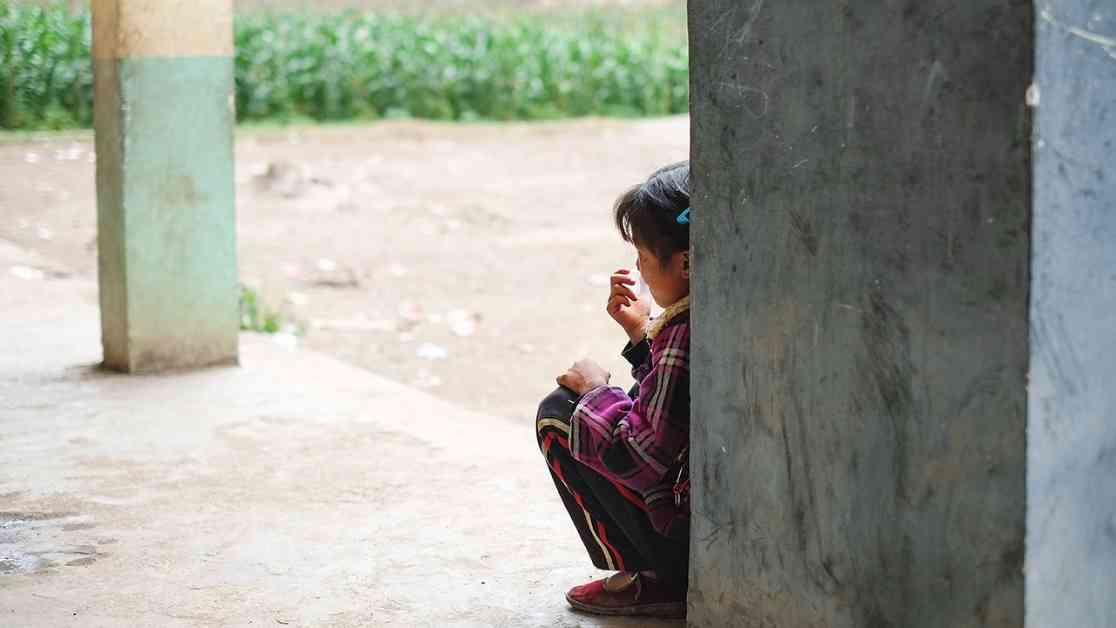The Tragic Murder and the Debate on Juvenile Justice in China
In the bustling metropolis of Beijing, a gruesome murder has ignited a fierce debate within Chinese society regarding the juvenile justice system. The heinous crime, committed by a group of teenagers, has raised important questions about the appropriate balance between leniency and accountability for young offenders. As the nation grapples with this ethical dilemma, the legacy of Confucius and his teachings on moral conduct have once again come to the forefront.
The incident in question shocked the nation as details of the crime emerged. A young college student was brutally attacked and killed by a group of teenagers during a robbery gone wrong. The senseless violence and disregard for human life displayed by the perpetrators have sparked outrage and calls for justice among the Chinese populace.
Confucian Values and the Concept of Juvenile Justice
The teachings of Confucius, emphasizing the importance of moral education and personal development, have long been ingrained in Chinese culture. The sage’s belief in the innate goodness of humanity and the power of education to cultivate virtuous behavior has shaped the ethical framework of Chinese society. In the context of juvenile justice, Confucian values advocate for a system that focuses on rehabilitation and guidance for young offenders, rather than punitive measures.
However, the brutal murder has raised concerns about the efficacy of China’s current juvenile justice system. Critics argue that leniency and a focus on rehabilitation may not be enough to address the severity of crimes committed by young offenders. The need for accountability and deterrence to prevent future acts of violence has led to calls for stricter punishment for juvenile criminals.
The Role of the Legal System in Juvenile Justice
In response to the public outcry over the murder, Chinese authorities have vowed to review and strengthen the country’s juvenile justice system. The government has proposed reforms to ensure that young offenders are held accountable for their actions while also receiving the necessary support and guidance to reform their behavior.
One proposed measure is the establishment of specialized juvenile courts to handle cases involving young offenders. These courts would focus on providing tailored interventions, such as counseling, education, and community service, to address the root causes of delinquent behavior. By taking a more holistic approach to juvenile justice, the Chinese government aims to strike a balance between punishment and rehabilitation for young offenders.
Balancing Leniency and Accountability in Juvenile Justice
The debate on juvenile justice in China reflects a broader societal struggle to find the right balance between leniency and accountability for young offenders. While some advocate for a more compassionate and rehabilitative approach, others argue for stricter punishment to deter future crimes. Finding a middle ground that addresses the needs of both young offenders and society at large is a complex challenge that requires careful consideration and thoughtful deliberation.
As Chinese society continues to grapple with the aftermath of the tragic murder, the legacy of Confucius and his teachings on moral conduct serve as a guiding light in navigating the complexities of juvenile justice. By upholding the values of compassion, education, and personal growth, China can strive towards a more just and humane system of juvenile justice that promotes accountability, rehabilitation, and ultimately, the betterment of society as a whole.



























